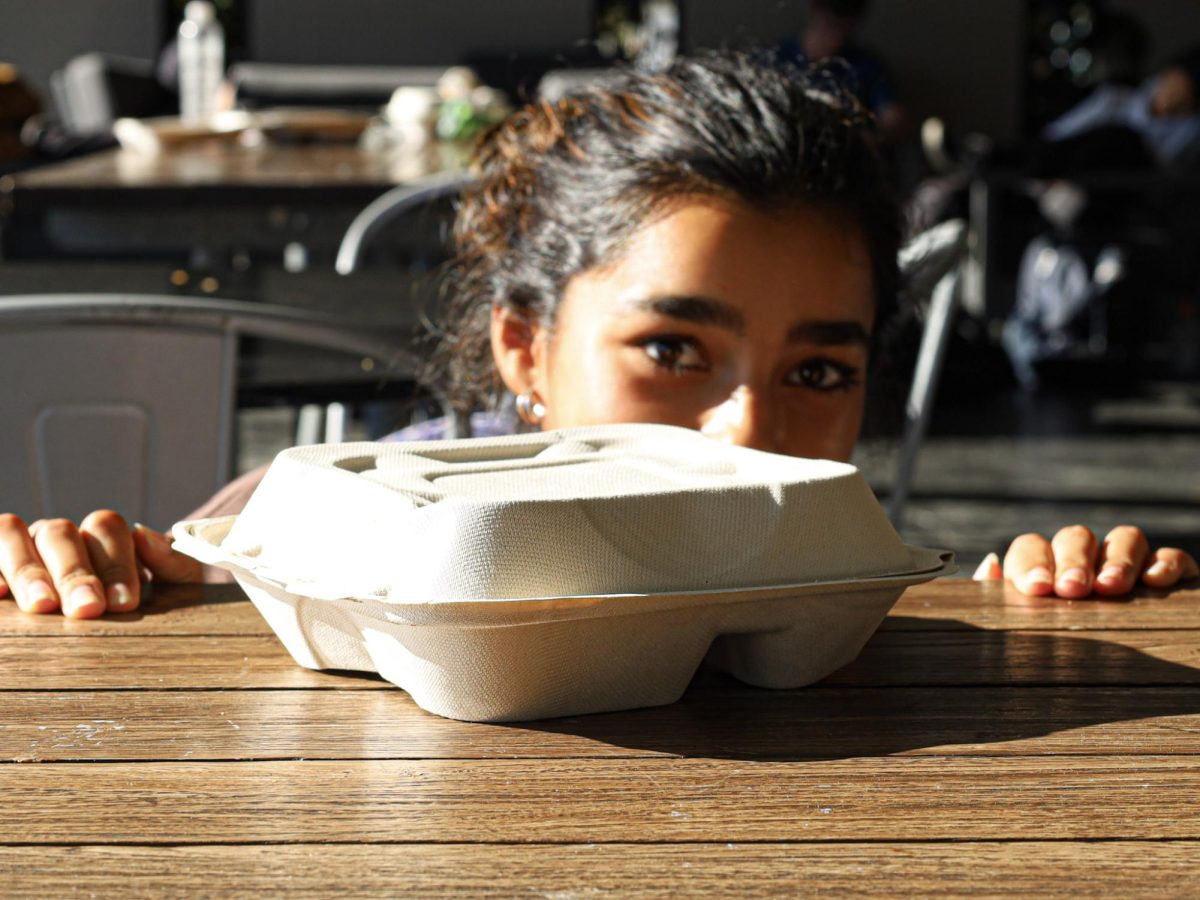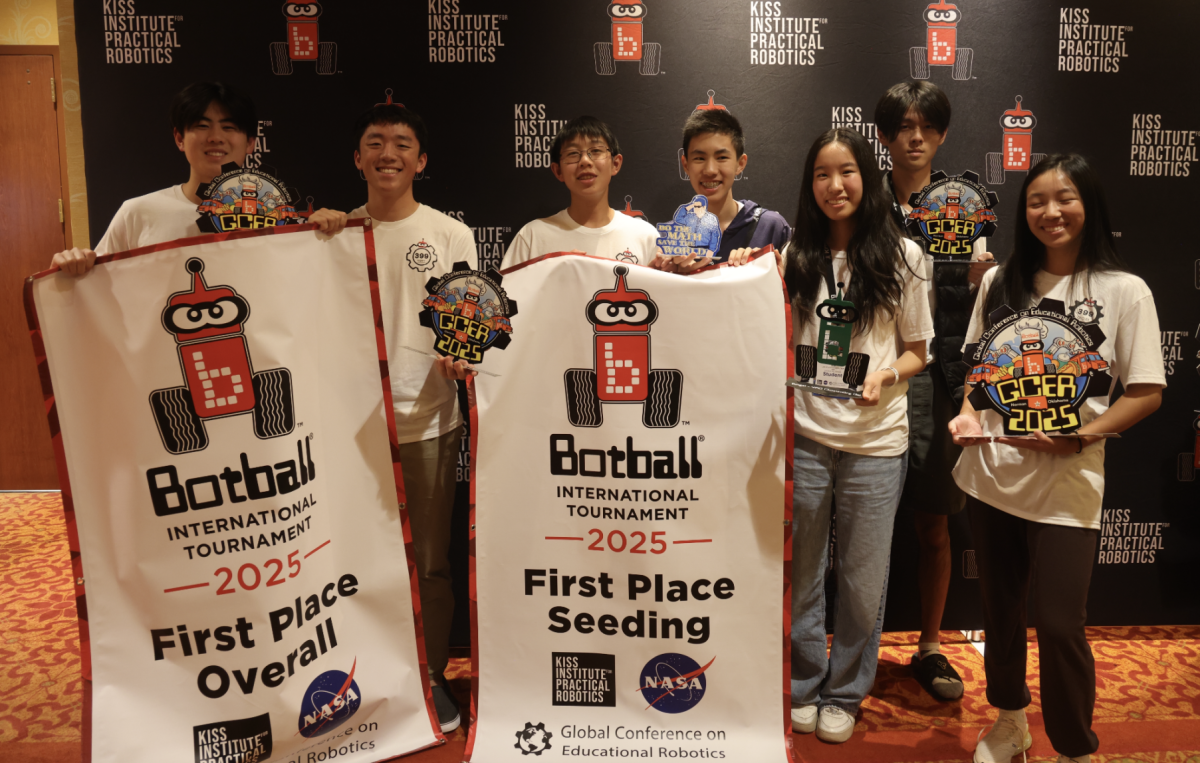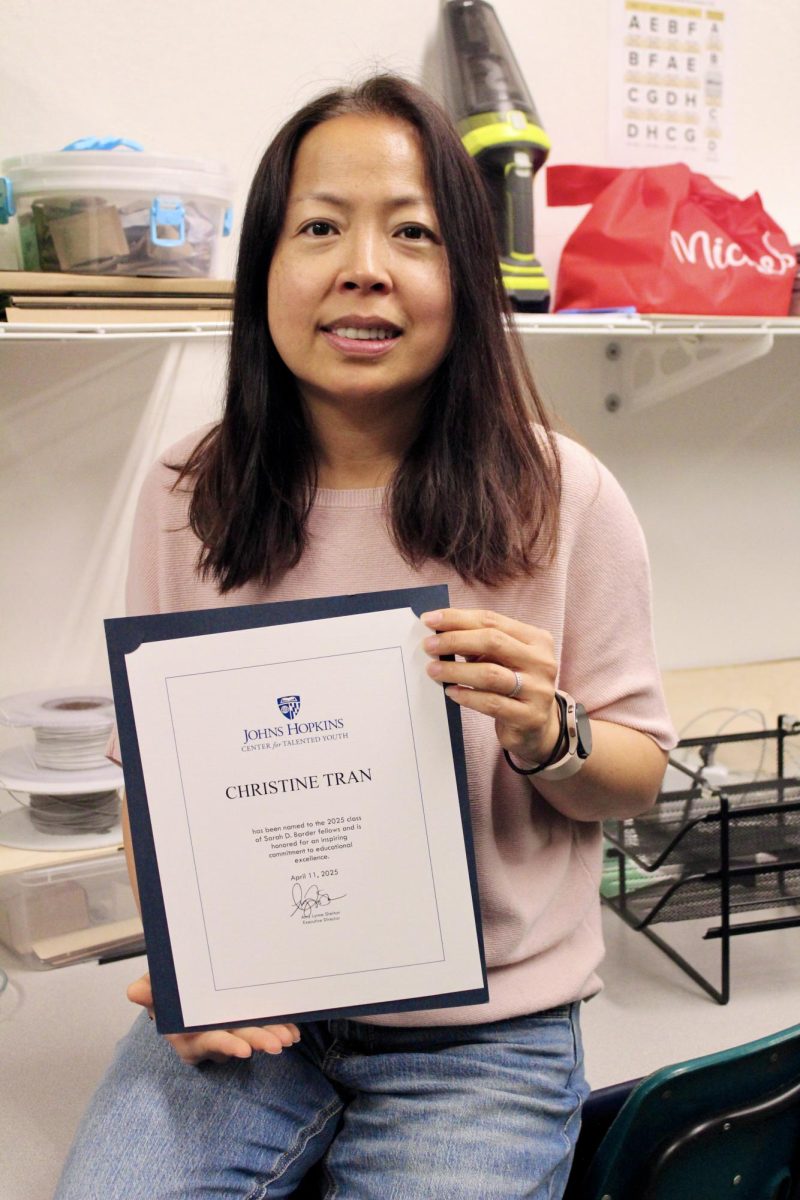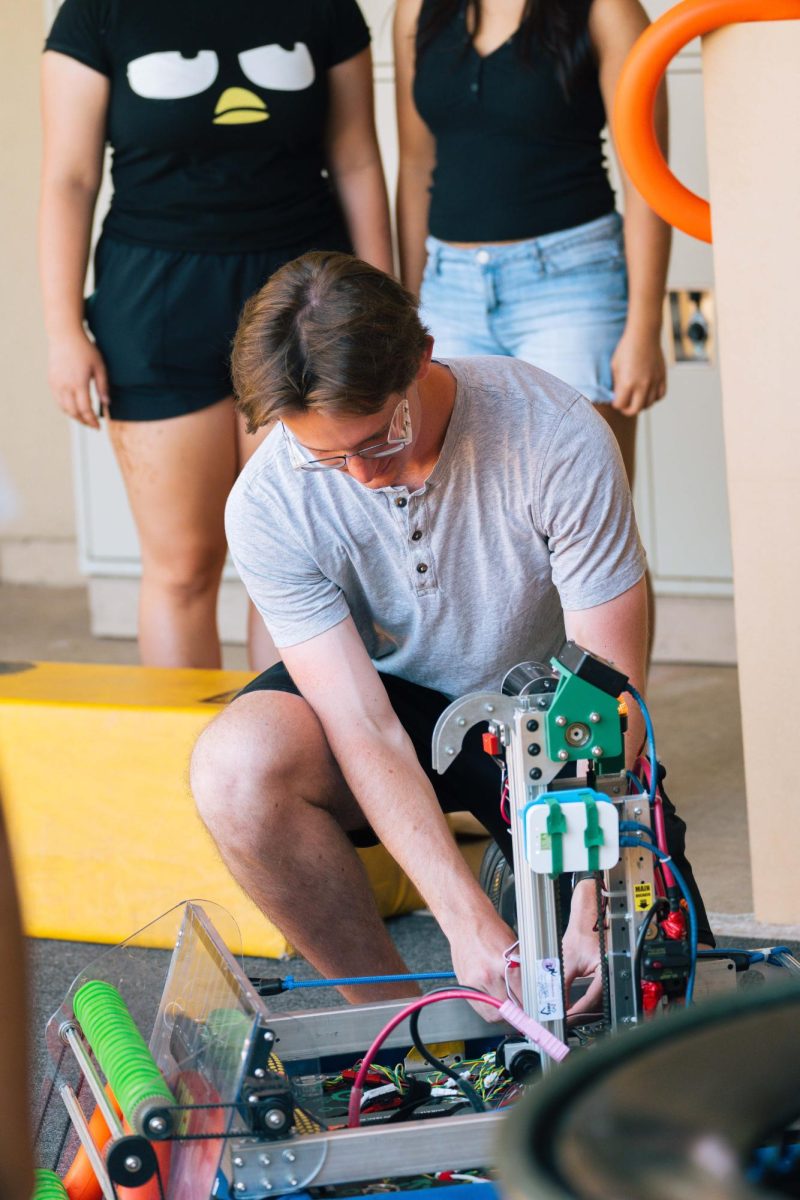America’s sweetheart: the peanut butter and jelly sandwich. A schmear of creamy peanut butter across white sandwich bread. A touch of fruity jam to offset the buttery decadence. The gateway to the vast universe of American cuisine.
About three-quarters of the United States’ population is given the privilege to experience the true bliss of this sandwich. However, the remaining one-quarter has to suffer with carrying around packets of antihistamines, occasionally EpiPens in more severe cases. Peanut butter and jelly sandwiches alone contain two of the top nine allergens.
Food allergies and restrictions are large hindrances to one’s lifestyle and are often the root of excessive stress, anxiety and insecurity. Despite extensive testing and research, existing treatments are not always dependable. It’s difficult to develop an inclusive, yet consistently effective treatment option as food allergies and immune-restrictions can manifest differently in each individual.
However, immunotherapy has gained popularity among those with allergies. It’s a long-term commitment that requires persistent patience and endurance. Immunotherapy begins with a small, doctor-administered dosage of the allergen to desensitize the individual to the food(s) they’re allergic to. Over time, the dosage will slowly increase to build up one’s immune defense to the allergen. This specific treatment is called oral immunotherapy, but there are other alternatives. All forms of this treatment require the patient to maintain physical contact with the allergen to fortify their immune system.
It’s not easy living with a food allergy. Before grabbing that slice of cake from your friend’s birthday party table, you first have to bother them with the, “Does this have ___ in it?” line and constantly double-check to ensure your health is not being compromised. Every. Single. Time.
Living with a peanut allergy hasn’t been easy, but it is something I have to work around. I had to get used to hearing annoyed, snarky comments from waiters after asking three times if the food has peanuts in it. Immunotherapy is something that I have been considering. Despite reassuring conversations with my allergist about the benefits of immunotherapy, the prospect of ingesting peanuts is hard to fathom. To me, nirvana would be a vaccine which seems to be in the works.
At Pinewood I don’t have to worry about being exposed to peanuts as the accommodation of nut allergies in the Epicurean-provided lunch is commendable. However, individuals with other allergies are given little to no options. Besides some salads, there are few specific gluten-free, diary-free or vegan options in the Snack Shack or hot lunch. A more inclusive array of choices would be ideal to ensure that no one is left out.
Epicurean said that they are working on expanding their food options, but they take extra precautionary measures for students with special dietary requirements that may be life-threatening.
“[We] work with parents that email or contact us to assist them in ordering meals that fit their students’ needs,” Director of Epicurean Trevor Lengle said.
Pinewood also has implemented a new precautionary measure for those with medical complications such as food allergies to maximize safety and bring awareness to them. Faculty are alerted of any student allergy issues in Veracross to help with any issues that may arise.
With increased awareness of food allergies and the advent of new and improved allergy treatment, there is promise for the future of Pinewood and the world.







